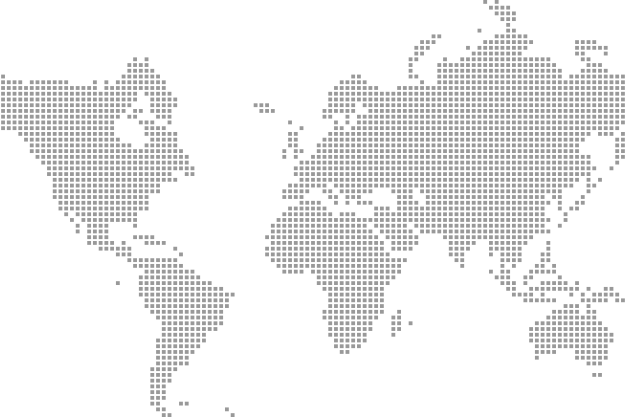
The next step in this positive engagement will be the Technical Secretariat’s goodwill missions, both to Israel and to Egypt. It will be late June for the visit to Israel, and hopefully we will soon have confirmation of the date of the visit to Egypt.
Extract from the opening statement by the OPCW Director-General to the Executive Council at its 56th session.
The ratification by the Dominican Republic leaves only one State—the Bahamas—in the GRULAC to join the Convention. In all, only seven States remain that are not yet party to the Convention.
The Bahamas is at the final stage of its ratification process. I had announced at the last session of the Council that two experts from the Technical Secretariat would be travelling to the Bahamas at the end of February, as a follow-up to the high-level visit carried out by my Deputy, Mr John Freeman, last year. These efforts yielded positive results. The remaining concerns of the Bahamian authorities concerning transfer of chemicals, the initial declaration, and the establishment of a National Authority were addressed and political focus was also revived on the very important issue of ratification. As a result, we have been informed that the instrument of ratification of the Convention has been drafted and is now undergoing final political consideration in the Bahamas. In this regard, I wish to thank the Government of Canada for its generous financial contribution, from which the visit by the two experts was funded.
Only last week, a workshop on promoting the universality of the Convention in the Mediterranean Basin and the Middle East was held in Istanbul. I express again my deep gratitude to the Government of Turkey for hosting this important event, to the Permanent Representation of Turkey to this Organisation, to Ambassador Selahattin Alpar for his personal engagement, and also to the European Union, which funded, through the 2007 EU Joint Action, this important event. Without underestimating the challenges that lie ahead of us in terms of the acceptance of the Convention in the Middle East, I am satisfied at the outcome of the workshop, and I believe many of the participants are also equally satisfied. Israel was officially represented, while the Egyptian Council for Foreign Affairs nominated a senior expert, who is also a member of the higher House of the Egyptian Parliament. The Government of Myanmar also sent a representative.
I am grateful to all States Parties that participated in this activity and thus provided a visible manifestation of the unanimity with which this Organisation upholds the issue of universality of the Convention. It is my hope that such support will be sustained, thus ensuring that the necessary strength will be given to the Secretariat’s efforts. Although the States not Party represented at the workshop reiterated their well-known reasons for not participating until now, the tone and tenor of the discussions were cordial and forward-looking. This positive attitude will, I believe, allow us to continue striving to convince our interlocutors in the region of the obvious merits of joining the Convention. I am extremely grateful to Ambassador Petr Mareš of the Czech Republic, representing the Presidency of the European Union, for having chaired the workshop.
The next step in this positive engagement will be the Technical Secretariat’s goodwill missions, both to Israel and to Egypt. It will be late June for the visit to Israel, and hopefully we will soon have confirmation of the date of the visit to Egypt. These are important events in the series of steps we have taken in order to encourage further knowledge of the Convention on the part of its States not Party. Our mission is simply for the purpose of reporting, but of course we will be open to the countries concerned should they wish to raise other matters, including the one related to universality.
Since the last session of the Council, I have also carried out a very fruitful visit, as I mentioned before, to the Russian Federation.
In April, I also travelled to Croatia to address the Fifth World Congress on Chemical, Biological and Radiological Terrorism, which was held in Cavtat from 6 to 10 April and was preceded by the aforementioned workshop on chemical and biological weapons held in that country.
In the area of ensuring cooperation with the United Nations, in the framework of the Relationship Agreement signed with that organisation in 2000, the Technical Secretariat continues to be represented at the outreach activities of the United Nations Security Council (UNSC) 1540 Committee, and the United Nations Office for Disarmament Affairs. The purpose of the OPCW’s participation is to underline the fact that effective implementation of the Convention directly contributes to the objectives of this watershed UNSC Resolution 1540 (2004) in the area of chemical weapons.
Let me also recall that, on 29 April 2009, starting from 14:00, the yearly commemoration ceremony to pay tribute to the victims of chemical warfare will be held here in the Ieper room, and of course, you are all invited.
